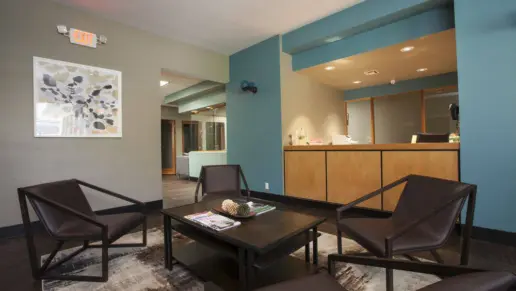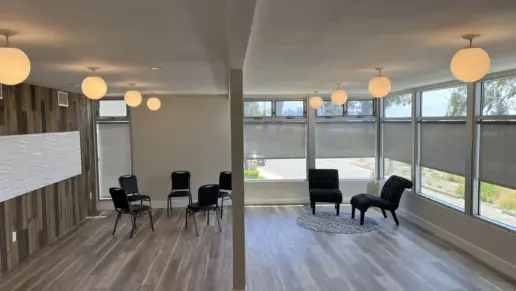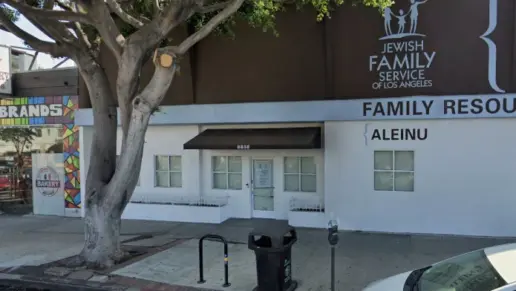About San Diego Rescue Mission – Men’s Center
San Diego Rescue Mission–Men’s Center, in San Diego, California, is a faith-based, 12 step-focused drug and alcohol rehab for adult men. They provide long-term residential treatment and aftercare planning and support, including specialized services for young adults, homeless and indigent men, and men with co-occurring addiction and mental illness.
San Diego Rescue Mission–Men’s Center provides faith-based, 12 step-focused addiction recovery programming for adult men in San Diego, California, including dedicated services for young adults, homeless and indigent men, and men with co-occurring addiction and mental illness. Their services include long-term residential care and aftercare planning and support. They accept financing and self-pay. Financial aid and low and no cost services are available.
Their 12 month residential program allows clients to focus on their recovery in a highly supportive and structured environment. Clients engage in intensive individual, group, and family counseling drawing on proven modalities, including CBT. The program also promotes clients’ spiritual education as a cornerstone of sustained recovery and includes daily Bible study, prayer, and devotions. Gender-specific, recovery-focused life skills training is prioritized and may address topics such as coping, self-care, wellness, emotional regulation, trauma resolutions, and relapse prevention. Their supportive housing environment enables clients to develop critical independent living skills to facilitate their successful community reintegration. Clients may participate in courses related to budgeting, parenting, household management, and job readiness, and similar life skills. Vocational training and work therapy are emphasized.
Their aftercare services ensure a complete continuum of care aligned with clients’ evolving needs and may include 12 step program facilitation, transitional support for clients stepping down to outpatient care, and referrals for medical, mental health, and social service programs.
Latest Reviews
Rehab Score
Gallery
Other Forms of Payment
Financial aid can take many forms. Centers may have grants or scholarships available to clients who meet eligibility requirements. Programs that receive SAMHSA grants may have financial aid available for those who need treatment as well. Grants and scholarships can help you pai for treatment without having to repay.
Self-pay involves paying for treatment out of your own pocket. You can use savings or credit, get a personal loan, or receive help from family and friends to fund your treatment. If you don't have insurance or your insurance plan doesn't cover a specific program, self-pay can help ensure you still get the care you need.
Addiction Treatments
Levels of Care
 Inpatient
Inpatient
 Sober Living Homes
Sober Living Homes
 12-Step
12-Step
 Aftercare Support
Aftercare Support
Treatments
The goal of treatment for alcoholism is abstinence. Those with poor social support, poor motivation, or psychiatric disorders tend to relapse within a few years of treatment. For these people, success is measured by longer periods of abstinence, reduced use of alcohol, better health, and improved social functioning. Recovery and Maintenance are usually based on 12 step programs and AA meetings.
Drug rehab in California teaches participants constructive ways to stay clean and sober. Treatment revolves around helping individuals stop using the substance they are addicted to and learn healthy habits to avoid relapse.
A combined mental health and substance abuse rehab has the staff and resources available to handle individuals with both mental health and substance abuse issues. It can be challenging to determine where a specific symptom stems from (a mental health issue or an issue related to substance abuse), so mental health and substance abuse professionals are helpful in detangling symptoms and keeping treatment on track.
Opioid rehabs specialize in supporting those recovering from opioid addiction. They treat those suffering from addiction to illegal opioids like heroin, as well as prescription drugs like oxycodone. These centers typically combine both physical as well as mental and emotional support to help stop addiction. Physical support often includes medical detox and subsequent medical support (including medication), and mental support includes in-depth therapy to address the underlying causes of addiction.
Programs

Adult Program

Young Adult Program
Clinical Services
Cognitive Behavioral Therapy (CBT) is a therapy modality that focuses on the relationship between one's thoughts, feelings, and behaviors. It is used to establish and allow for healthy responses to thoughts and feelings (instead of unhealthy responses, like using drugs or alcohol). CBT has been proven effective for recovering addicts of all kinds, and is used to strengthen a patient's own self-awareness and ability to self-regulate. CBT allows individuals to monitor their own emotional state, become more adept at communicating with others, and manage stress without needing to engage in substance abuse.
Group therapy is any therapeutic work that happens in a group (not one-on-one). There are a number of different group therapy modalities, including support groups, experiential therapy, psycho-education, and more. Group therapy involves treatment as well as processing interaction between group members.
In individual therapy, a patient meets one-on-one with a trained psychologist or counselor. Therapy is a pivotal part of effective substance abuse treatment, as it often covers root causes of addiction, including challenges faced by the patient in their social, family, and work/school life.
Life skills trainings involve all the skills a person must have in order to function successfully in the world. These include time management, career guidance, money management, and effective communication. Truly successful addiction recovery is based on the ability to not only live substance-free, but to thrive. Life skills teaches the practical necessities of functioning in society, which sets clients up for success in life, and therefore sobriety.
Staff
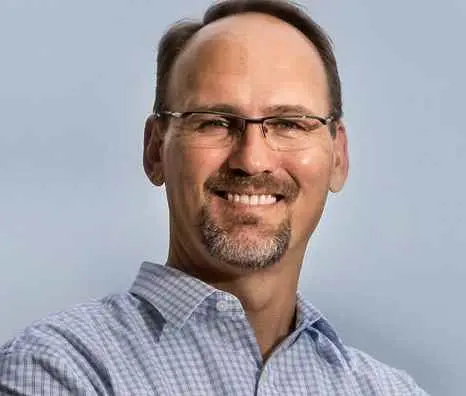
Donnie Dee
President/CEO
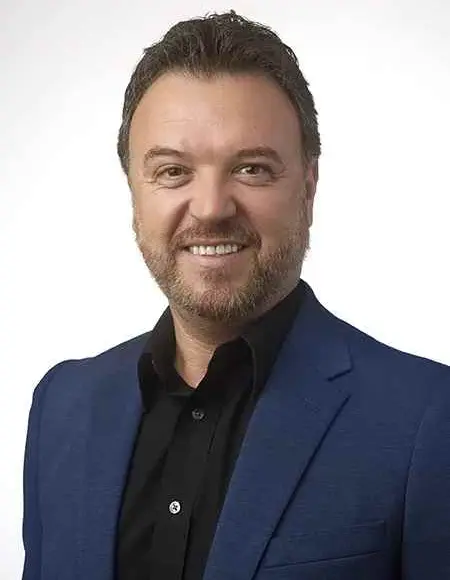
Edvin Liku
VP of Operations
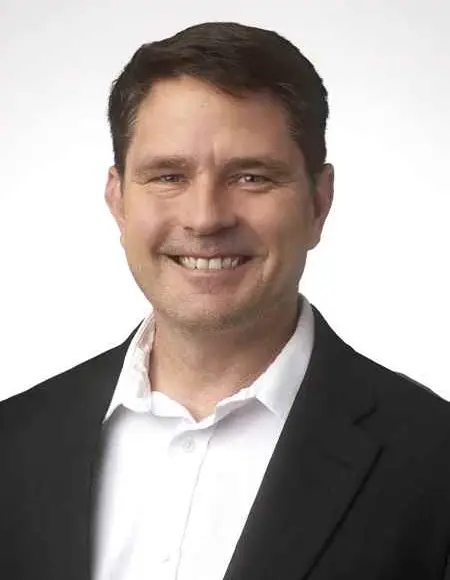
Paul Armstrong
VP of Programs
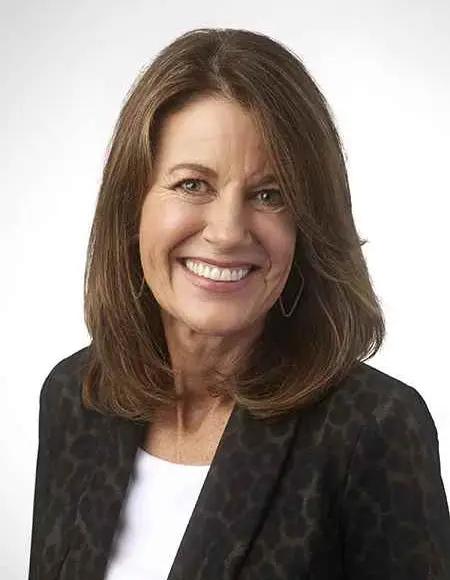
Michelle Le Beau
Senior VP Development & Community Engagement
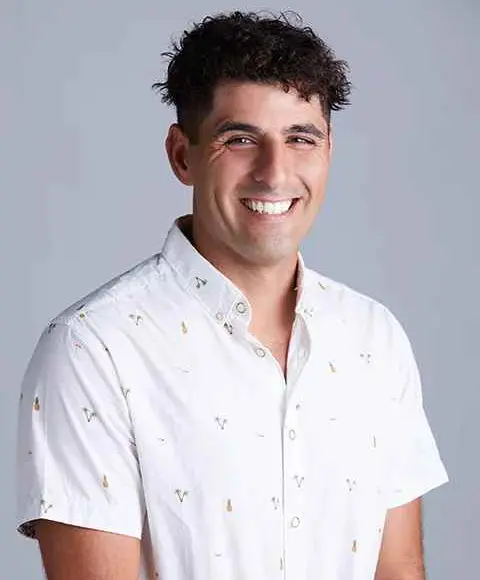
Luis Sanchez
Director of Social Services
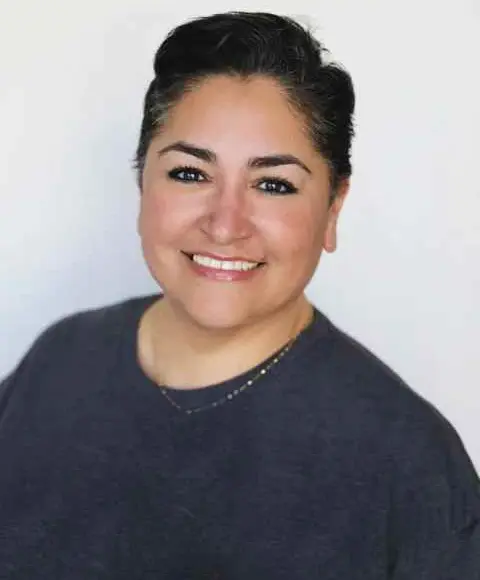
Carla Vanegas
Director of Outreach
Contact Information
120 Elm street
San Diego, CA 92101
